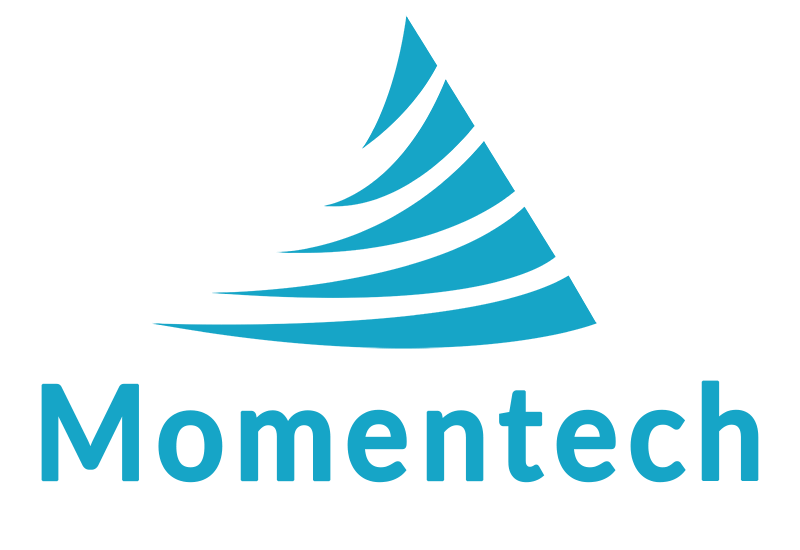Is Custom Application Right For My Business?

When you examine your business and think about ways to make it better, you might think about how software can help you with your goals. The right software strategy has the potential to accelerate your business. For example, one of our former clients, a startup in the property cleaning sphere, secured its first major investment after its custom-developed property cleaning app was launched.
A custom-developed software or application is a piece of software designed and developed specifically for your company. Unlike SaaS products or off-the-shelf applications, you have a say on what features it should have. Also, you own the code; the software is a part of your asset.
Custom Software VS Off-the-shelf Software
As you think about your software strategy, you will most likely have to choose between buying or subscribing to an off-the-shelf software. Let's briefly take a look at the difference between these 2 choices.
1. Customizability.
Custom developed software is (obviously) customizable. It is built to fit your unique business model or process. You are involved from the design phase.
Most off-the-shelf software including SaaS products are not customizable beyond what is available to users. You may request a feature add-on, but there is no guarantee it will be implemented.
2. Cost.
Custom developed software involves a large initial investment for development. Off-the-shelf software requires smaller initial investment for the purchase price and/or monthly subscription fees.
In the long run, custom developed software may have a lower cost if a similar off-the-shelf software has a large subscription cost.
3. Ownership.
Custom developed software is usually owned by the business owner or the company after the project is handed off from the developer to the business. That means the software becomes a part of your company's asset. You will have the copyright to the software as long as the transfer of intellectual property is clearly stated in your contract with the developer.
4. Support and Bugs.
An off-the-shelf software usually has a team of tech support, who is available to help if you encounter problems. Also, because the user base of such software is large, off-the-shelf software has less bugs.
Custom software will require a developer to do bug fixes and provide support to you. You will have to make sure that the developer is available in the long-term to support you or make sure that the code is written in a way that is well-structured so that another development team can take over the maintenance.
5. Competitive Advantage.
Custom software is your company's and no one else's. It is a unique product while off-the-shelf software is used by millions of other users. If the software is well-designed and solve problems that other software in the market cannot solve, the software will offer your company a strong competitive advantage.
Factors to consider in choosing custom development or off-the-shelf
Often, business owners consider a new piece of software to
- streamline their current business operations
- find a way to save time in doing repetitive tasks
- implement a new way to reach or communicate with customers
- solve a problem that is hard to solve without software
A business owner should clearly identify the goal of implementing new software and understand what problem the new software is expected to solve.
Understanding the business requirements is the key. Once that is understood, consider these points in order to choose between custom development or off-the-shelf software:
Are there any off-the-shelf software that can solve pretty much all of your business problems?
If there are a small number of functionalities that off-the-shelf software does not have, consider whether you can use alternative methods or change your business flow slightly. Usually, off-the-shelf software is the right choice for such a scenario.
Does a custom-developed application give you a significant advantage compared to off-the-shelf software?
For example, if your business requires a unique process that can be made more efficiently by custom software, you should consider building custom software.
Does a custom-developed application save you money in the long run?
If custom software gives your business significant cost saving compared to off-the-shelf software even after factoring in maintenance cost of the software, custom-developed solution might be a better choice.
Does your company have the budget to develop custom software and to pay for ongoing maintenance and support?
While the initial development cost is probably the largest cost, there are costs related to:
- Hosting (if you are renting a web server)
- Upgrades
- Maintenance and/or bug fix (if bug fix is not part of the contract)
- Technical support
If your budget is so tight that these costs cannot be paid, off-the-shelf software or slimmed-down version of custom software might be advisable.
Does your company have in-house technical staff to maintain custom software or does your company have access to developers who can help you maintain it?
The best case scenario is if your company has an in-house technical staff that can do day-to-day maintenance of the software such as monitoring logs, taking care of the web server, and other tasks. If not, your company should have an ongoing relationship with the original developer of the application. It is usually more cost-effective to have an original developer take care of any maintenance, updates, and fixes. If that is not the choice, you have to ask, will I be able to find a suitable developer who can understand the code and is willing to do maintenance work for us?
Conclusion
Custom software offers your company flexibility to design and upgrade in a way that is suited to your company's operation. It offers your company serious competitive advantage if it can solve problems that other software cannot. However, it requires a larger upfront investment and cost in ongoing maintenance, whereas off-the-shelf software usually have smaller monthly charges and maintenance is taken care of by the software provider.
What you need to consider is the cost and benefit of building an application versus using an off-the-shelf solution. Does custom software give you significant benefit compared to off-the-shelf software? Does your company have enough budget for development and long-term maintenance? Will you have a developer that can help you maintain the software? These are some of the questions you should ask before deciding to build custom software.





